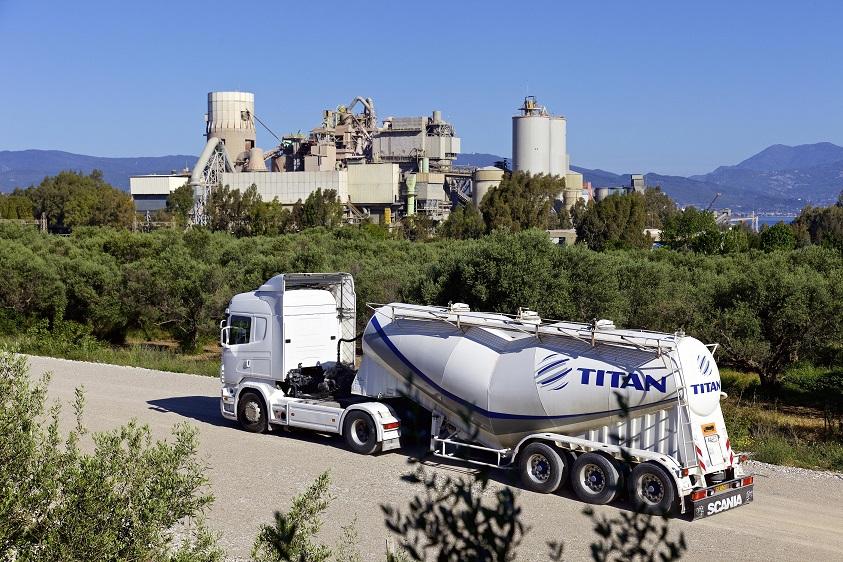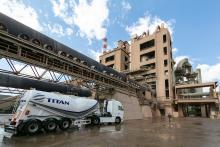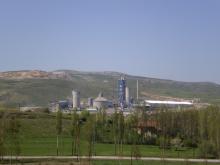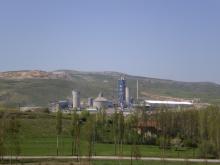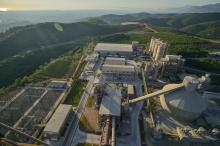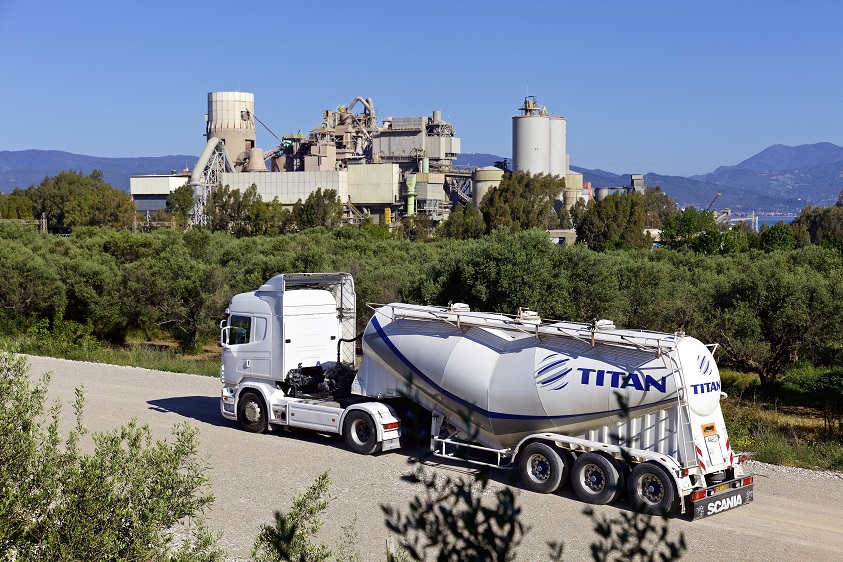
The building materials group said that at the same time EBITDA (earnings before interest, taxes, depreciation, and amortisation), decreased by 17.3% to €46.4m as the phasing in of higher prices in early months only gradually absorbed the increase in energy and input costs.
Further price increases have already been announced in most markets and will be effective within the first half of 2022. In Q1 2022 net profit after taxes and minority interests dropped to €1.3m (versus €15.3m in Q1 2021), due to lower EBITDA levels and negative FX variances, mainly due to the devaluation of the Egyptian pound.
In terms of regions, Titan says the US continues to demonstrate growth as cement volumes grew significantly in what is practically a sold-out market. Demand for residential construction remains solid, while commercial projects enjoy a resurgence. Healthy DoT budgets are reflected in robust road infrastructure work activity across states.
Activity in the Greek market continues robustly with domestic demand growing and price increases were absorbed by the market. Construction activity continues both in urban centers with residential and real-estate development, as well as the periphery with many municipal and public works in progress. On the other hand, the increased costs of building materials in general have slowed down the start of new projects.
The market in Egypt continued its growth path and recorded a 4.7% increase in Q1 2022. The rationalisation of production implemented by the government last summer has led to a healthier balance between supply and demand and to improved operational profitability with stronger pricing. Macroeconomic challenges notwithstanding, the market continued to be driven by extensive public housing projects and various national infrastructure projects.
In Turkey, macroeconomic challenges and the ripples from the war in Ukraine are manifesting themselves in the real economy. With inflation soaring to over 60%, reduced public investments, and spiraling costs, on top of what was a very harsh winter this year, volumes declined. Cement prices have increased as producers swiftly reacted to cover inflationary pressures.
In terms of outlook, Titan says that global macroeconomic challenges have not abated since its last communication in March 2022.
It adds: "The world remains hostage to the tragic events in Ukraine which are translating not only into human suffering and loss but are also having adverse consequences across the global economy in the guise of inflationary pressures, supply chain disruptions, and mounting geopolitical uncertainties.
"As far as the building materials sector is concerned, in the US, despite macroeconomic risks, the underlying construction market dynamics remain strong. Residential activity continues driving demand.
The infrastructure segment is poised to provide a steady backbone to demand from 2023 onwards, as the full effect of America’s large infrastructure investment drive starts to materialise on the ground."
In Europe, Titan states that for the time being the outlook of demand in its markets remains positive. In Greece in particular, EU funded projects are expected to support demand growth going forward.
Across geographies cost pressures are expected to persist, and the group says it will continue to address global cost headwinds by adjusting pricing, in a successive manner in order to safeguard and enhance its performance.

